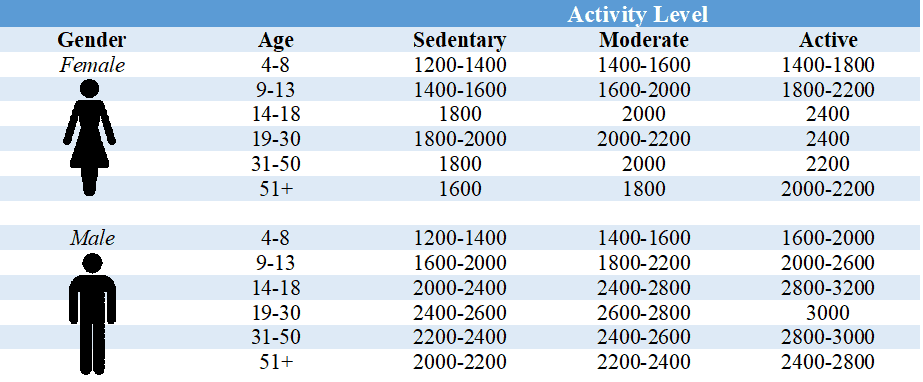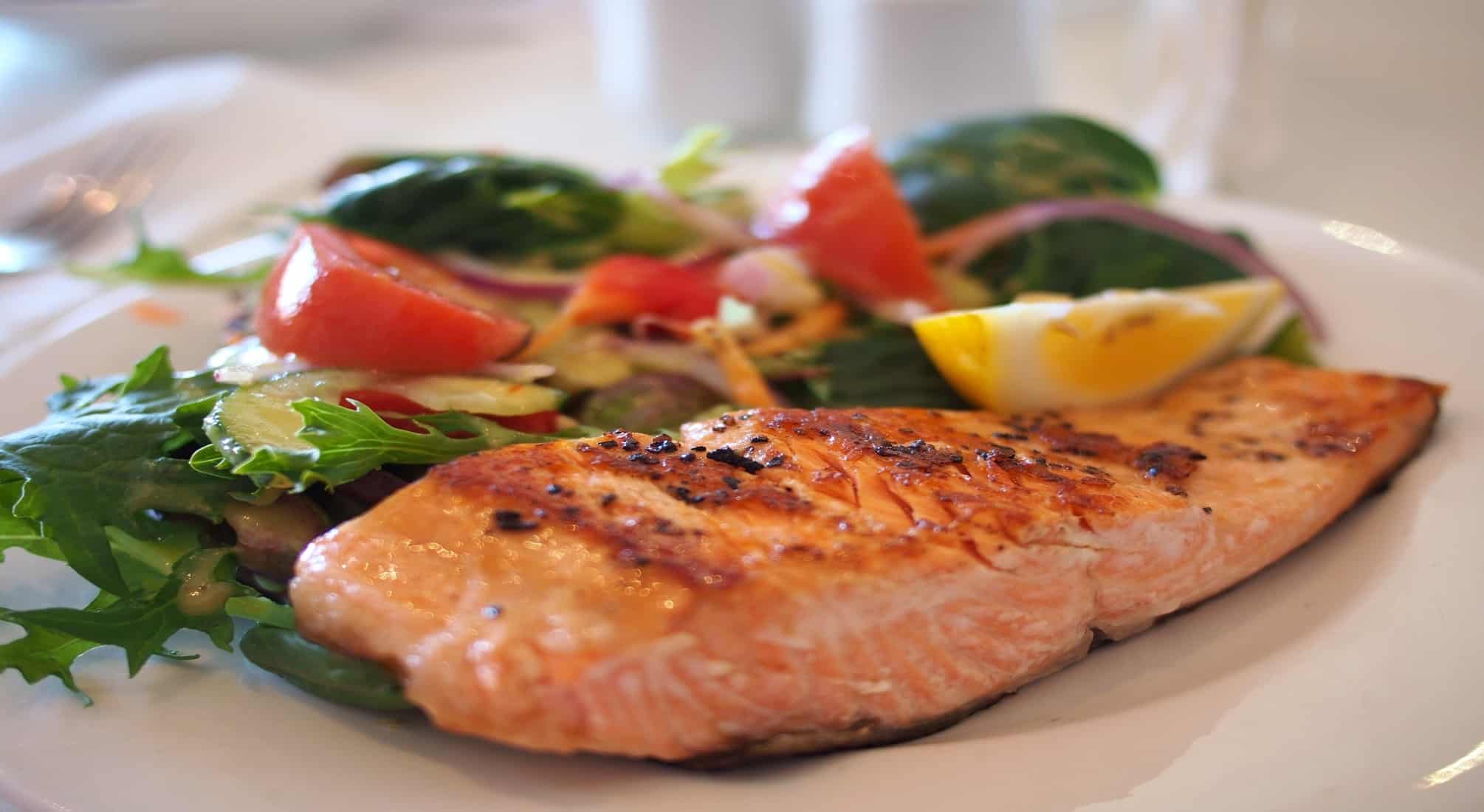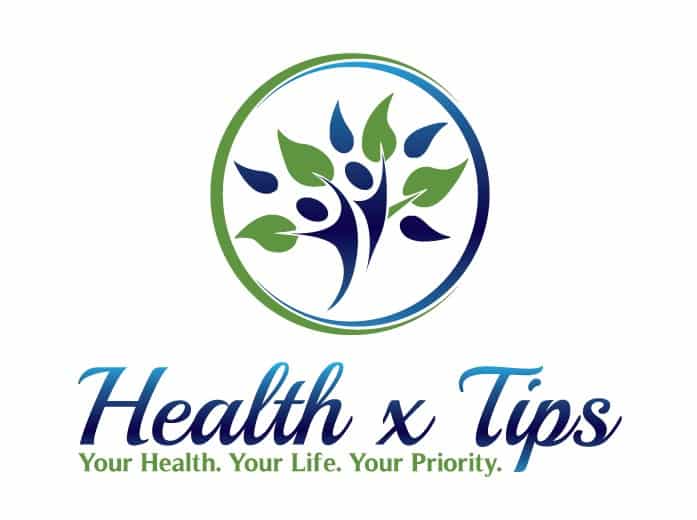“How many calories should I eat everyday to lose weight?” “I need to lose 10 pounds in a month. How many calories should I burn?” “How to lose weight fast?” These questions have always been the talk of the town. In actual, the concept of calorie intake is all about calories in and calories out.
Calories supply your body with energy it needs to support life. Everyone has different calorie needs depending on factors like your body size, lifestyle, age and so on. To maintain a healthy weight, you need to balance the number of calories you consume with the number of calories you burn.
To lose weight in a healthy way, you need to eat fewer calories than your body burns every day. On average, it is estimated that the daily calorie intake for women is 2000 calories and for men is 2500 calories according to the 2015-2020 Dietary Guidelines. Hence, as a woman, if you reduce your daily calorie intake from 2500 calories to 2000 calories per day, you should be able to lose 1 pound of weight in a week, equivalent to 0.45kg.
It is because the total number of calories 500 x 7 = 3500 calories saved over the week is the approximate number of calories in 1 pound of body fat. The recommended average weight loss per week is between 1-1.5 pounds. That’s why, sticking to a 2000-calorie diet per day might aid you in weight loss and maintain healthy weight in the long run.
Yet, it is worthwhile to note that 2000-calorie intake might exceed the calorie needs for people who are less physically active, therefore it is important to tailor your own intake with your needs.
Using the Institute of Medicine Equation, the estimated amount of daily calorie intake among different age group and gender is derived for your reference only:

Generally speaking, standard 2000-calorie intake diets is considered adequate to meet average adult’s nutrient and energy needs per day. This standard is even used often as a benchmark to create recommendations on nutrient labels. In view of this, if you are starting off with weight loss, sticking to 2000-calorie intake level per day is definitely a good start. A 2000-calorie diet should consist of whole, unprocessed foods. It should be rich in vegetables, healthy fats, fruits, protein and whole grains.
An example of the 2000-calorie meal plan is as follows:
Breakfast: 2 scrambled or fried eggs, 1 slice of whole wheat bread or whole-grain toast, 2 tablespoons of almond or peanut butter, 1 small glass of juice or small cup of tea / coffee
Snack: 1 medium-sized apple or 1 banana
Lunch (chicken-veggie with tofu): 5 ounces of tofu, 3 ounces of chicken breast, 2 cups of broccoli florets, large amount of fresh spinach leaves, half cup of steamed brown rice, 1 small pear
Snack: 1 protein bar or 5 medium carrots
Dinner: Half-baked sweet potatoes, 2 cups of broccoli sautéed, 5 ounces salmon fillet

Besides, in order not to disrupt your weight maintenance efforts, it is always best to avoid foods that provide little to none nutritional value in your diet regardless of your calorie needs. These foods are those with added sugars and high in calories. Here is a list of foods you should avoid:
- Fast food: Burgers, chicken nuggets, pizza, etc.
- Fried food: Chips, fries, fried chicken, etc.
- Processed food: White bread, cakes, biscuits, sugary cereals, etc.
- Sugary beverages: Sodas, sugary juices, fruit punch, etc.
“How many calories should I eat everyday to lose weight?” To answer this comprehensively, it is not just about how many calories we should eat, but how much we should burn too. There are indeed a number of tips that can help you burn more energy and lose weight more effectively.
- Use smaller plates and eat slowly in order to consume a smaller portion and give adequate time to your body to realize fullness.
- Eat regular meals as this prevents you from mindless eating and overeating.
- Follow “5 A Day”, which is the consumption of five portions of vegetables and fruits per day.
- Drink plenty of water, it’s calorie-free!
- Do exercise everyday for at least 30 minutes to help you burn off extra calories.

All in all, how many calories you should eat per day depends on numerous factors such as your age, gender, weight, height, weight goal, activity level and so on. Though the standard 2000-daily calorie intake diet generally meets the needs of most adults, you should always tailor you own intake with your own needs. Always consult your doctor or medical professional before making any changes to your diet or routine. Now, quickly set up your weight goal using our Ideal Weight Calculator and start adopting some diet and lifestyle changes to lose weight effectively!
Article Sources
HealthxTips is committed to delivering content that adheres to highest standard for accuracy, sourcing and objective analysis.
HealthxTips uses only high-quality and trustworthy sources to support the facts in our articles.
1. Hall K. D. (2008). What is the required energy deficit per unit weight loss?. International journal of obesity (2005), 32(3), 573–576. https://doi.org/10.1038/sj.ijo.0803720
2. Harvard Health Publishing. (2021, March 8). Calories burned in 30 minutes for people of three different weights. Harvard Health. https://www.health.harvard.edu/diet-and-weight-loss/calories-burned-in-30-minutes-of-leisure-and-routine-activities
3. Institute of Medicine (US) Committee on Examination of Front-of-Package Nutrition Rating Systems and Symbols; Wartella EA, Lichtenstein AH, Boon CS, editors. Front-of-Package Nutrition Rating Systems and Symbols: Phase I Report. Washington (DC): National Academies Press (US); 2010. 2, History of Nutrition Labeling. Available from: https://www.ncbi.nlm.nih.gov/books/NBK209859/
4. U.S. Department of Health and Human Services and U.S. Department of Agriculture. 2015–2020 Dietary Guidelines for Americans. 8th Edition. December 2015. Available at http://health.gov/dietaryguidelines/2015/guidelines/








0 Comments